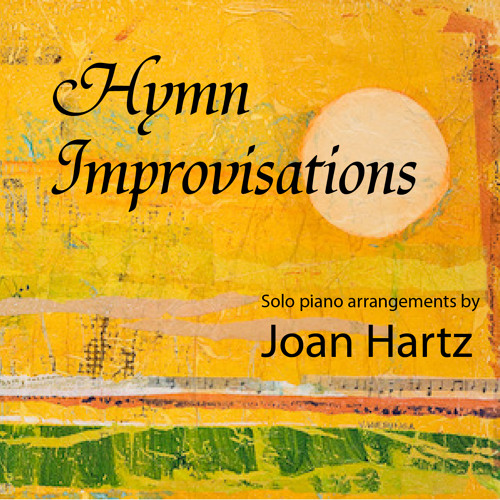I recently finished reading the book Works of Mercy, a select compilation (by Robert Ellsberg) of Fritz Eichenberg’s wood engravings from The Catholic Worker newspaper. The art is supplemented with essays, article excerpts, and quotes relating to social justice.
I’ve really enjoyed learning more about the Catholic Worker movement and its founders, Dorothy Day and Peter Maurin, who believed in the God-given dignity of every human person and fought for it with all they had. And about Eichenberg, whose visual communication of Catholic social teachings impels us to see with new eyes—both what is and what can be. Take his Labor Cross, for example.
It affirms work as a moral good, as something that God instituted so that through it we can serve our neighbors. The figures in the woodcut labor diligently to produce food, clothing, shelter, and fuel, cultivating the resources that God has already provided. Just consider how much you benefit from and depend on the work of others in your daily life—when you turn on a light or a faucet, when you make a phone call, when you drive to the store, when you eat a chocolate bar. Think about all the labor that went into designing and building roads and pipelines and cell phone towers and car parts, that went into growing, harvesting, processing, packaging, transporting, and selling the food you eat. And be grateful for it.
In the essay “Fritz Eichenberg: Artist of the Peaceable Kingdom” (published in Works of Mercy), Jim Forest writes,
In “The Labor Cross,” Fritz gathers images of people from several races at work—fisherman, farmer, woman caring for both children and sheep, carpenter, miner, and logger. The cross is shown as providing the context and basic architecture of daily life. The image confesses the burden of labor but still more its glory. The panel affirms a fundamental value of the Catholic Worker, that human dignity is inseparable from work and that unemployment undermines the soul.
Work may be toilsome, but it can and should be fulfilling too. Through work, we have the privilege of being creators, of shaping the world around us and so reflecting the image of our Creator-God. Work also enables us to meet the needs of others, and there is great value in that, which everyone deserves to be a part of.
When I look at Eichenberg’s woodcut, I think of God’s supreme act of self-giving and demotion, demonstrated on the cross, and am ashamed by how askew my motivations for working often are: to support myself, to get ahead, to feel important, to bide the time—all self-serving reasons. Instead I need to approach my job with the humility of Christ, with a mind toward serving others.
What is your attitude toward work? Do you view it as a means of self-promotion, or as a chance to give back to your community? Have you ever been guilty of assaulting the dignity of someone (with condescending thoughts, perhaps) because of their job (or lack of one)?



Pingback: God and Gold (II): the confusion of J.-Christ desires and doings | Strona autorska Marka Głogoczowskiego